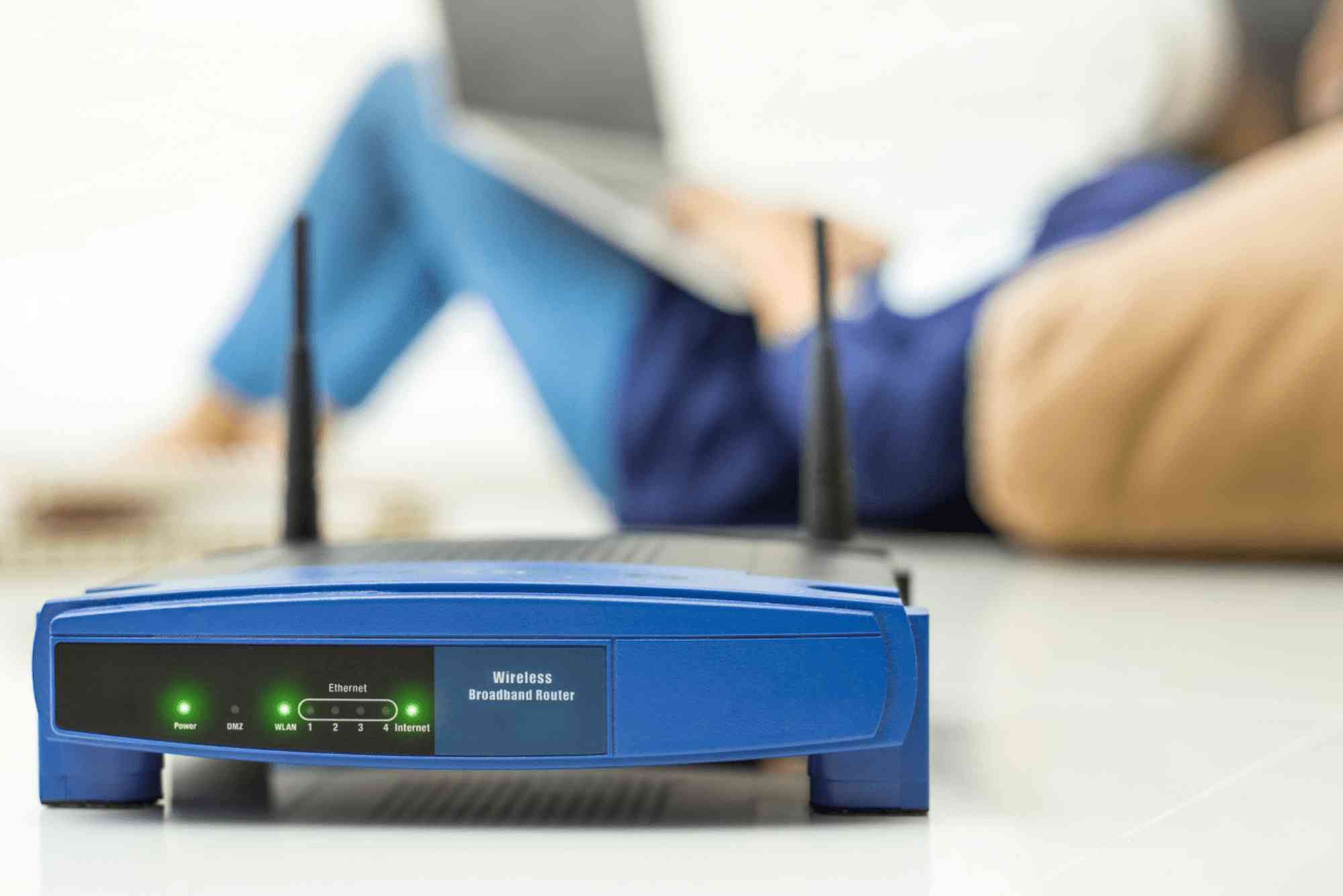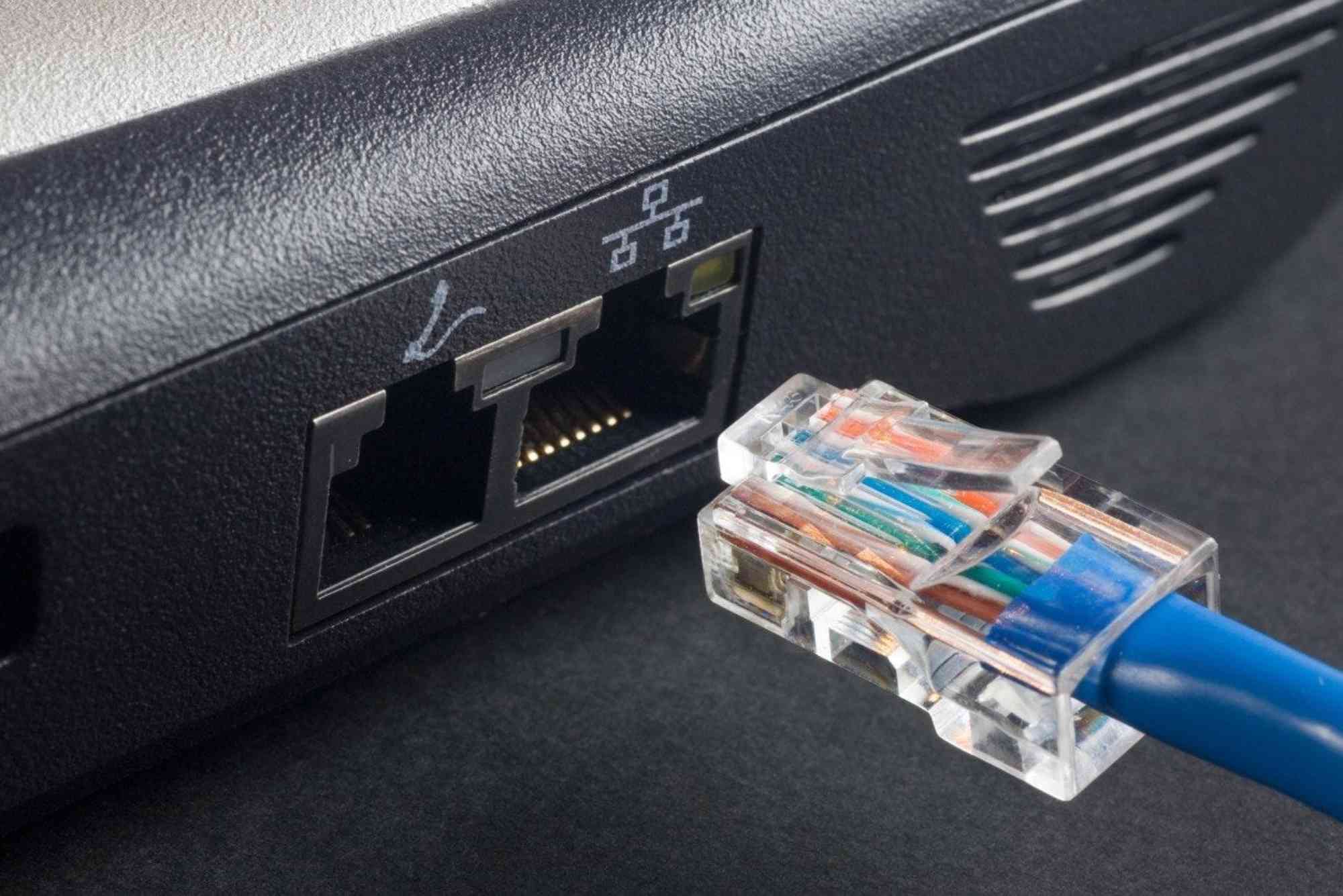Introduction
In today’s digital world, online privacy has become a major concern. Internet Service Providers (ISPs) often monitor user activity and store browsing data, which may compromise your security. One of the most effective ways to protect yourself is by using VPN with ISP provided router. Instead of installing a VPN app on each device, you can set it up directly on your ISP router. This ensures that every device connected to your network enjoys secure and private browsing without extra effort.
Using VPN with ISP provided router might sound complex, but it is simpler than most people think. With the right guidance, you can enjoy encrypted internet traffic, bypass geo-restrictions, and even prevent your ISP from throttling your speed. This article explains how to configure a VPN on your ISP-provided router, the benefits you gain, and common challenges you may face. By the end, you will know how to create a safer online environment for your entire household.
Why Use a VPN With Your ISP Router
A VPN creates a secure tunnel for your internet traffic, protecting it from hackers, advertisers, and even your ISP. When installed on a router, the VPN automatically encrypts all connected devices such as phones, tablets, smart TVs, and gaming consoles. This is especially useful for devices that do not support VPN apps directly.
Another benefit is convenience. Instead of enabling the VPN individually on every device, the router handles it automatically. This saves time and ensures consistent privacy. If you want every family member to browse safely without installing multiple apps, configuring your ISP router is the perfect solution.
Understanding Compatibility Before Setup
Not all ISP-provided routers support VPN connections. Many providers ship basic routers with limited features, often blocking manual configuration. Before you begin, check whether your router supports VPN protocols like OpenVPN, PPTP, or L2TP/IPsec. You can find this information in the router’s user manual or the manufacturer’s website.
If your ISP router does not support VPN configurations, you have two main options. First, you can replace it with a VPN-compatible router. Second, you can set up a secondary router with VPN support and connect it to your ISP router. This setup is common among advanced users who want full control without replacing the ISP-provided device.
Steps to Set Up VPN on Your ISP Router
To start using VPN with ISP provided router, follow these steps carefully. The exact process may differ depending on your router model and VPN provider, but the core principles remain the same.
Accessing Your Router Settings
Open a web browser on your computer and type your router’s IP address into the address bar. Common IPs include 192.168.1.1 or 192.168.0.1. You will be prompted to log in using your admin credentials. If you have never changed these, they are often printed on the back of your router.
Configuring VPN Settings
Once inside the admin panel, locate the VPN section. Some routers list this under “Advanced Settings” or “WAN Settings.” Select the VPN protocol recommended by your provider, usually OpenVPN. Enter the server address, username, and password supplied by your VPN provider. Upload any configuration files if required.
Applying Changes and Testing
Save your settings and restart the router. To confirm that the VPN is active, visit an IP checker website. If the displayed location matches your VPN server, your setup is successful. From this point forward, all devices connected to your network are secured.
Benefits of Router-Level VPN Setup
When using VPN with ISP provided router, you gain several key advantages. Your entire home network becomes secure, not just individual devices. This includes smart TVs, IoT devices, and even gaming consoles. Another benefit is consistent geo-unblocking. For example, streaming services that are region-locked can now be accessed on any device in your home.
Additionally, you avoid the problem of device limits. Many VPN services restrict the number of devices that can connect simultaneously. By running the VPN on your router, it counts as only one connection regardless of how many devices you connect.
Potential Challenges and Solutions
Despite its advantages, router-level VPN setups can present challenges. One common issue is reduced internet speed. VPN encryption requires processing power, and ISP routers are often not built with strong hardware. If you experience slowdowns, consider investing in a more powerful VPN-compatible router.
Another challenge is limited customer support. ISPs generally do not assist with VPN configurations, as they prefer to monitor network traffic. In such cases, refer to your VPN provider’s support guides or community forums.
If your ISP router completely blocks VPN usage, you may need to bridge it with a secondary router. This setup allows your ISP device to handle internet connection while the secondary router manages VPN traffic. Though slightly technical, this solution ensures you maintain full privacy.
Security Advantages Over Device-Level VPN
Using VPN with ISP provided router is more secure than relying only on device-based apps. Many users forget to activate their VPN on mobile devices, leaving them exposed. Router-level VPN ensures constant protection regardless of user behavior.
It also protects devices that do not support VPN apps, such as smart thermostats, surveillance cameras, and gaming consoles. These devices are often vulnerable to cyberattacks, making router-level encryption even more valuable.
Optimizing Performance for Smooth Browsing
To maintain fast and stable performance, choose VPN servers closest to your region. This reduces latency and improves speed. Also, select a VPN provider known for strong infrastructure and unlimited bandwidth. Some providers, such as those recommended by Dhanote Internet Services, offer optimized servers designed for streaming and gaming.
Another performance tip is splitting traffic. Some advanced routers allow you to configure split tunneling, where only selected devices use the VPN while others connect directly. This is helpful for situations where low latency is more important than privacy, such as competitive gaming.
FAQs
Can I install a VPN on any ISP router?
No, not all ISP routers support VPN configurations. You may need to check compatibility or use a secondary router.
Will using VPN on my ISP router slow down my internet?
Yes, a slight speed reduction is common due to encryption. However, choosing a fast VPN provider and nearby servers minimizes the impact.
Do all devices automatically use the VPN when connected to my router?
Yes, once configured, all devices connected to your router are protected without needing individual apps.
What happens if my ISP blocks VPN traffic?
Some ISPs attempt to block VPN connections. In that case, using advanced protocols like OpenVPN with obfuscation can help bypass restrictions.
Is it better to use a VPN app or router configuration?
For convenience and whole-home coverage, router-level VPN is better. However, for flexible device control, apps may be more suitable.
Using VPN with ISP provided router is one of the best ways to ensure complete online privacy and security. It automatically encrypts all devices connected to your home network, prevents ISP tracking, and unlocks geo-restricted content with ease. While challenges such as compatibility and speed may arise, they can be managed with the right hardware and VPN provider.







